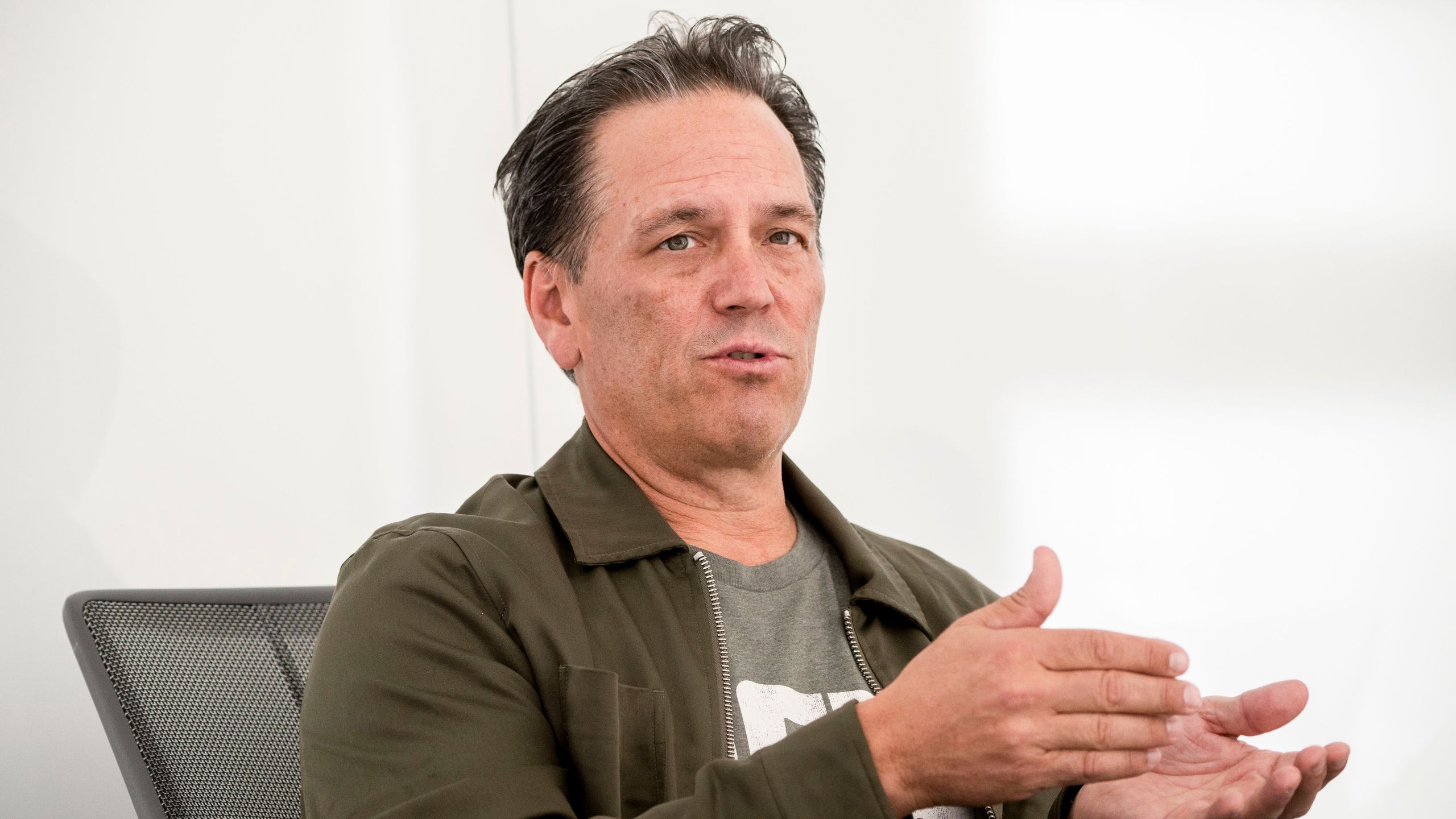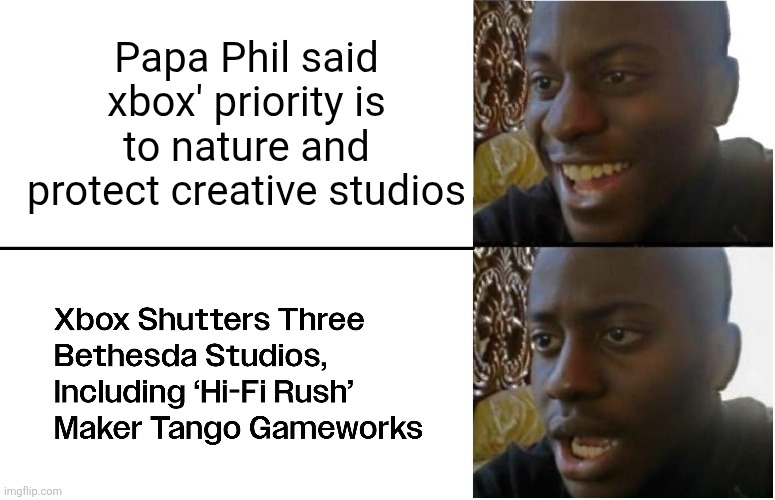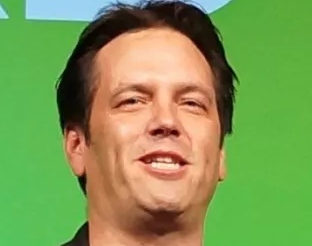LectureMaster
Has Man Musk

Xbox boss Phil Spencer says 'nurturing and protecting creative teams that want to go take risks' is the priority, admits 'we don't always succeed at that'
The Microsoft Gaming CEO spoke about his priorities at a media industry event, but contradictions haunt the company's grand strategy.
Speaking alongside Double Fine founder Tim Schafer at the Paley International Council Summit on Thursday, Microsoft Gaming CEO Phil Spencer emphasized the value of creative risk-taking to a small crowd of film, TV, and online media bigwigs.
"The creativity of the teams is, in my mind, the most important thing and the thing that we need to protect and foster," Spencer said during the moderated discussion.
According to Schafer, whose acclaimed adventure game studio was acquired by Microsoft in 2019, Spencer and the software giant have been true to their word, at least in his experience.
"When we talked about becoming acquired, it was a big thing for me, like, 'How do we keep our culture intact?'" Schafer said. "And everyone was like, 'No, we really want you to stay who you are.' And that's been true all these years … You know, creatively, we can be like, 'Hey, we want to make this game about a walking lighthouse,' and they're like, 'Cool. Sounds cool.'"
The walking lighthouse game in question is the recently-released Keeper, and it's good: We just awarded it a 90% in our review. Schafer said that Microsoft's acquisition freed Double Fine from the burden of constantly "shaking the bushes for money," providing stability that allowed them to ask, "What would we do if we weren't constantly afraid?"
Schafer also emphasized the importance of individuals, saying that he learned from his time at LucasArts to "make bets on people" rather than on ideas, nurturing and developing leaders who will later be trusted to run their own projects.
Hanging over these reflections on the value of creative risk taking and individuals are the expansive layoffs Microsoft has executed across its gaming division in recent years, which followed a period of rapid expansion that, aside from Double Fine, included the acquisition of Bethesda, Activision Blizzard, and more.
Spencer did admit that Microsoft has not always succeeded at protecting these creative risk takers, though the comment was made in the context of internet criticism.
"I think it's the most brave thing a team can do, whether you're making a movie or a television show, to go and put something out for the internet to evaluate, judge and comment on," Spencer said.
"Sometimes I scratch my head on why anybody wants to go do that, because the internet's not always a nice place for the discourse around things that have been created, but nurturing and protecting creative teams that want to go take risks. We don't always succeed at that, but I think it is kind of the root of any media industry, the creative nugget."













